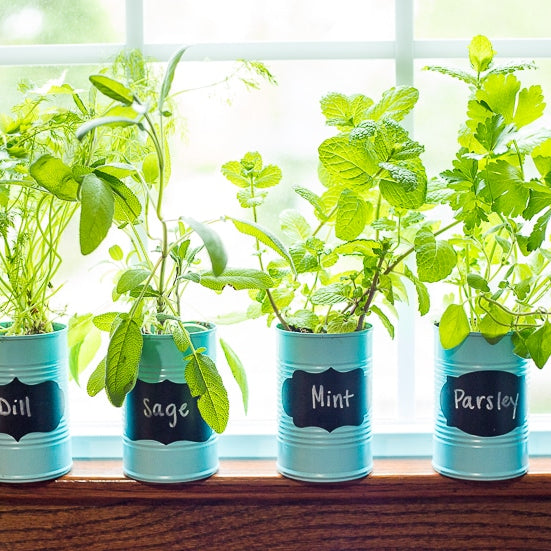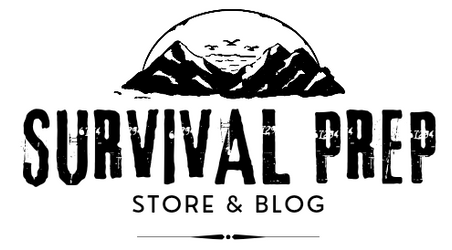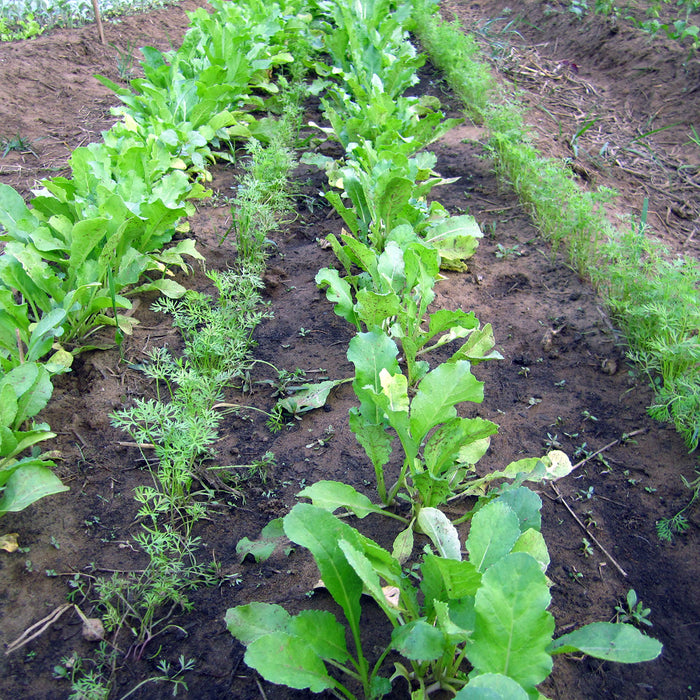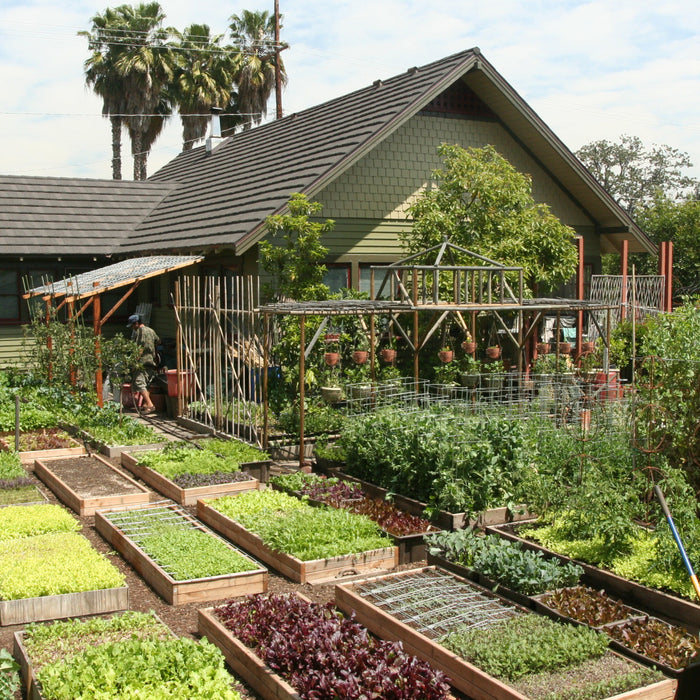

10 Steps to Prepare Yourself Financially for an Economic Crisis
No one knows when an economic crisis will happen, but it's always better to be prepared. In this blog post, we will discuss 10 steps that you can take to prepare yourself financially for an economic collapse. Many people are unsure about what they should do during a financial crisis, but by following these tips you can minimize the damage and protect yourself and your family.
The first step is to create an emergency fund.
If you're like most people, the thought of an economic crisis probably fills you with dread. After all, who wants to tighten their belt during a time of financial hardship? However, there are steps you can take to prepare for tough times.
One of the most important is creating an emergency fund. Your emergency fund should be separate from your savings and it should only be used for unexpected expenses or unforeseen circumstances. You should start by setting aside $500 and then gradually increase the amount as you can afford it. This fund will help you cover unexpected costs during an economic crisis, pay off debt, or even tide you over until you find a new job.
So don't wait until a financial emergency strikes to start your emergency fund. Get started today and rest easy knowing that you're prepared for whatever life throws your way.
The second step to financial freedom is to pay off your debts.
This includes credit card debt, car loans, and any other type of debt that you may have. Paying off your debts will reduce your monthly expenses and free up more money to save. For some people, this may seem like an impossible task. But trust me, it can be done. I should know - I've been there myself. When I first started my journey to financial freedom, I had over $20,000 in credit card debt and $10,000 in student loans. It seemed like an impossible mountain to climb. But I made a plan and stuck to it. Within two years, I was debt-free. And it felt amazing! So if you're feeling overwhelmed by your debts, just remember that it's not impossible to pay them off. Just take it one step at a time and you'll get there eventually.
The third step is to build up your savings.
One important step in building financial security is to build up your savings. Having a cushion of savings gives you peace of mind in case of job loss or unexpected expenses. Experts recommend saving at least three months of living expenses, but even smaller savings can be helpful in an emergency. One easy way to start building up your savings is to set aside $50 from each paycheck into a designated savings account. This may seem like a small amount, but over time it will add up and give you a safety net to fall back on. Creating the habit of regularly saving will help you build financial security and peace of mind.
The fourth step is to invest in yourself.
This means taking the time to learn new skills and knowledge that can help you during an economic crisis. For example, you can learn how to grow your own food or how to repair household items. These skills will be valuable if you need to save money or barter for goods during an economic collapse. In addition, it is important to keep your mind active and engaged during tough times. Read books, learn new hobbies, and stay positive.
Growing your own food - There are many reasons why you might want to learn how to grow your own food. For one thing, it can be a great way to save money. Homegrown fruits and vegetables are typically much less expensive than those bought at the store. Additionally, growing your own food can provide you with a sense of satisfaction and accomplishment. It can also be a great way to learn new skills and connect with nature. Moreover, homegrown produce is often fresher and tastier than store-bought varieties, especially if you use organic heirloom seeds. So if you're looking for a fun and rewarding activity, consider learning how to grow your own food.
Doing Repairs Yourself- As anyone who has ever tried to repair a broken household item knows, it can be a frustrating experience. Not only do you have to figure out what is wrong with the item, but you also have to find the right tools and parts. However, the satisfaction that comes from successfully repairing something is well worth the effort. Not only will you save money by not having to replace the item, but you will also learn new skills in the process. In addition, repairing household items can be a great way to bond with friends or family members. So next time something breaks, don't reach for the trash can. Instead, roll up your sleeves and learn how to repair them.
The fifth step is to create a food storage plan.
Food storage is an important part of emergency preparedness. While it is always best to use fresh ingredients, having a supply of non-perishable items on hand can be a lifesaver in a time of need. When creating a food storage plan, aim to include items that will last for at least three months. Canned goods, dried beans, rice, and flour are all good options. In addition to non-perishable food items, you should also have a water supply that can last for at least three days. This could include bottled water or water that has been stored in food-grade containers. By taking the time to create a food storage plan, you can rest assured knowing that you and your family will be prepared in the event of an emergency.
The sixth step is to stockpile supplies.
Most people are aware of the importance of stocking up on supplies in case of an emergency, but many don't take the time to do it. Having a stockpile of supplies can be the difference between weathering a storm and being completely unprepared. When stockpiling supplies, it's important to focus on items that are essential for survival. This includes items like food, water, shelter, and first-aid. It's also important to have enough supplies to last for at least three months. This may seem like a lot, but it's better to be safe than sorry. By taking the time to stockpile supplies, you can give yourself and your family a much better chance of surviving an emergency situation. This includes items like toilet paper, soap, toothpaste, and other essentials. You should have enough of these supplies to last for at least three months.
The seventh step is to have a plan for transportation.
In the event of an economic collapse, it is important to have a plan for transportation. The seventh step is to have a plan for transportation. If an economic collapse occurs, you may need to rely on alternative forms of transportation. This could include walking, biking, or carpooling. While it may be tempting to stockpile gas and keep your car in good working order, it is also important to have a backup plan in case you are unable to use your car. Walking and biking are both good exercises that can help you save money on transportation costs. By planning ahead, you can make sure that you are prepared for any eventuality.
The eighth step is to have a plan for communication.
In an emergency situation, it is crucial to be able to communicate with your loved ones. While traditional forms of communication may be disrupted, there are still ways to stay in touch. A two-way radio can be a useful tool for keeping in contact with family and friends. In addition, a satellite phone can provide reliable service even when cell towers are down. By Having a plan for communication, you can ensure that you will be able to stay connected with loved ones during a crisis.
The ninth step is to have a plan for shelter.
When it comes to preparing for an emergency, one of the most important things to consider is where you will go if you need to evacuate your home. If severe weather is heading your way, you may need to take refuge in a safe location. And if there is a fire or some other type of disaster, you may need to leave your home quickly. In either case, it's essential to have a plan for where you will go and how you will stay safe. That way, you can focus on getting to safety rather than trying to figure out what to do in the moment. To create a plan, start by identifying a few potential shelters, such as a friend's house or a local hotel. Then, make sure you have a way to contact those people in case of an emergency. And finally, practice evacuation routes so that you can get to your shelter quickly and safely. By taking the time to prepare in advance, you can ensure that you and your family will be safe in the event of an emergency.
The tenth and final step is to stay positive.
There are many ways to stay positive during an economic crisis. For example, you can reach out to family and friends, start a budget and save money, or get involved in your community. Whatever you do, just remember that things will eventually get better. Stay positive and hope for the best.
By following these steps, you can prepare yourself financially for an economic collapse. While no one knows when or if an economic crisis will occur, it is important to be prepared. By taking the time to plan ahead, you can protect yourself and your family from potential economic hardship.
Do you have any other tips for how to prepare financially for an economic collapse? Share them in the comments below!
Recommended Posts
- How to Build a Bug Out Bag for Kids: Tips and Tricks
- 10 Survival Skills Every Kid Should Know
- Food prices are about to skyrocket even more; Prepare for a 'famine,' followed by housing crash, then equities wipeout - Michael Gayed
- South Threatened by Severe Weather After Texas Tornado Disaster: How to Prepare.
- The Ultimate Guide to Radiation Water Filters: How They Work



